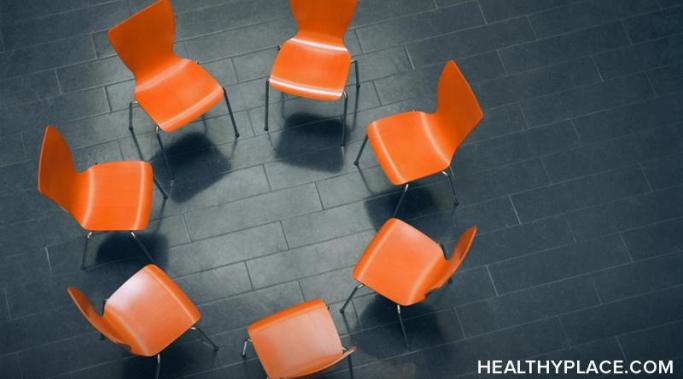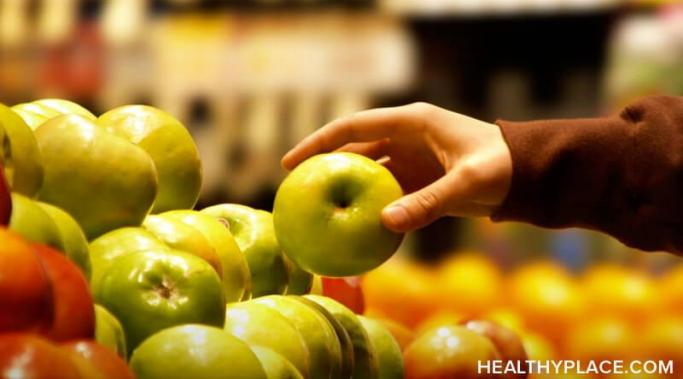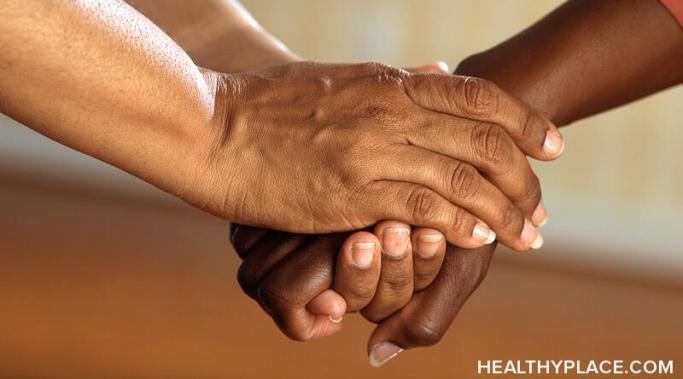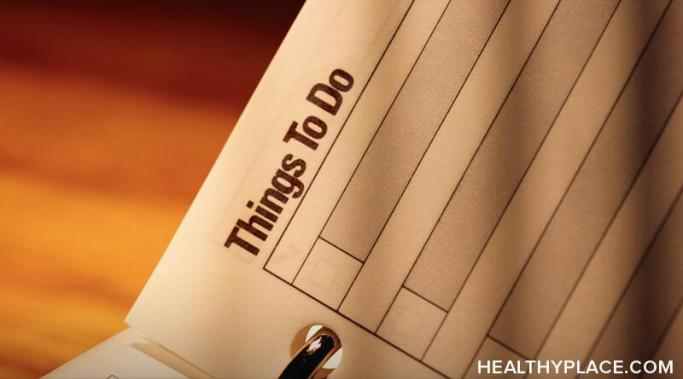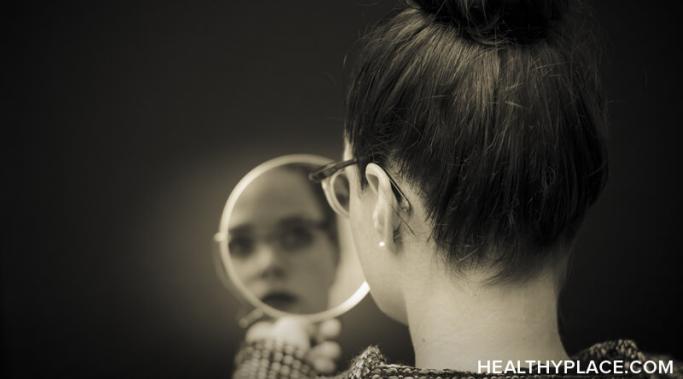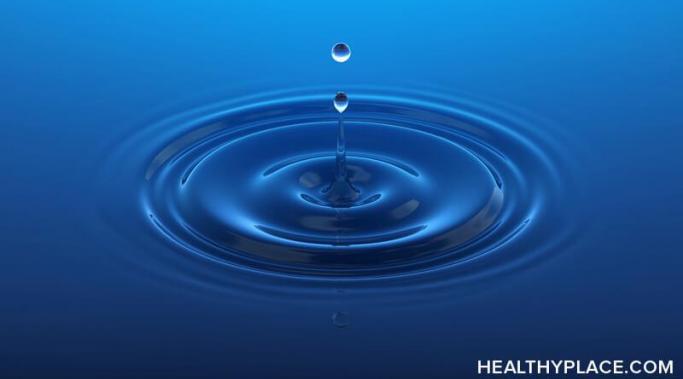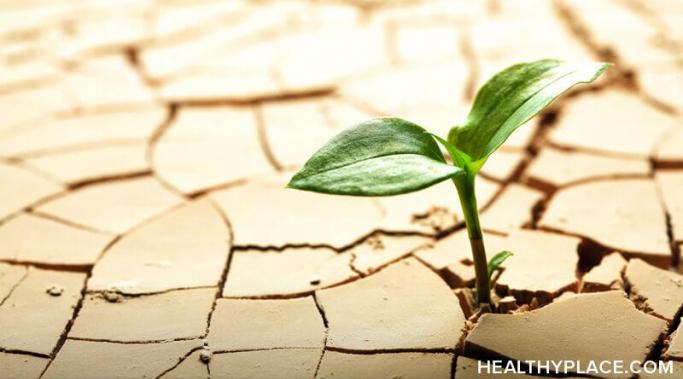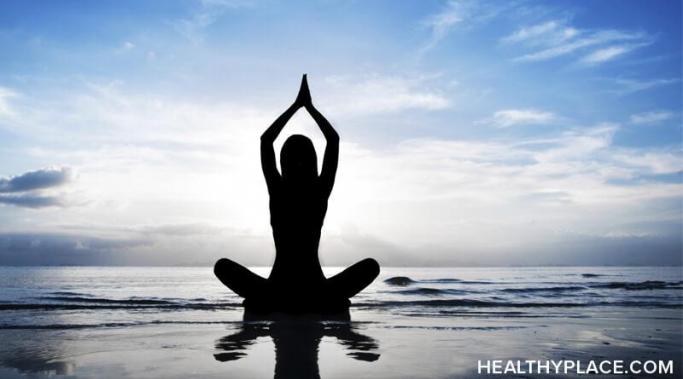It took me several years of personal growth and cultural awareness to realize there are systemic barriers to eating disorder treatment. My battle with anorexia was painful and tumultuous, but access to therapeutic interventions made the healing journey feel possible. While I am immensely grateful for this, I also cannot brush aside the conspicuous reality that certain prohibitive eating disorder treatment barriers still exist.
Eating Disorders Recovery
When I revert back to an anorexic mindset, it becomes all about earning my worth. Even if I resist the urge to act out eating disorder behaviors, I can still be susceptible to the anorexic mindset, which tells me I need to strive past my own limitations and prove that I am strong, capable, resilient, and valuable. I have a difficult time believing that my self-worth is inherent, so I force myself to achieve it—even if that means I hustle to the edge of burnout with no room to pause, breathe, and rest. An anorexic mindset is all about earning my worth, but l will be honest: This performance-based mentality creates a miserable existence at times.
Believe it or not, a mundane trip to the grocery store helped me learn to enjoy food again. The year was 2019. I had recently moved across the United States from Florida to Arizona. And in my new zip code, there was a Trader Joe's on almost every corner. I am aware that makes me come across as a basic Millennial stereotype (which I own, for the record), but living near Trader Joe's has proven to be a crucial milestone in my eating disorder recovery. Here's how this grocery store helped me learn to enjoy food again—and to eat what I love without shame.
Recently, I posed a challenge to myself to see if I could tolerate one day without a fitness tracker. This experiment should have been simple: Just set the device aside, then continue with all my normal activities for about 12 hours. The key phrase here is "should have been simple." But to be honest, it was so painfully difficult. Here's why I took on this endeavor—plus the humbling lessons I learned from one day without a fitness tracker.
I know it can be hard to believe sometimes, but needing help with eating disorder (ED) recovery is not a sign of weakness. It's one of the bravest actions you can take. Internalized fears or anxieties might whisper in your ear that asking for help means you are a failure, a burden, or a lost cause. But I hope you can trust me on this: Those inner voices aren't telling you the truth. It's okay to need help with ED recovery.
In my own experience, healing is intensive, painful, and humbling work. No one I've met (including myself) has been able to successfully pursue it alone. So, if you could use an extra boost of care, support, advice, or encouragement, don't allow fear to intimidate you from reaching out. I promise needing help with ED recovery is not a sign of weakness.
Confession: I don't want to make eating disorder (ED) recovery resolutions this year. In the past, I have dutifully written an exhaustive list of all the milestones I intend to reach in my healing journey, but as 2024 rounds the corner, this ritual suddenly feels more like pressure than motivation. I am a firm believer that recovery is not about ticking off certain boxes or following an arbitrary schedule. I set goals for myself, but I have learned to release expectations as to when I might achieve them. Maybe I'll form a healthier relationship with my own body as soon as tomorrow—or maybe it will take me a lifetime. Either way, I am done trying to force specific outcomes, so I don't want to make ED recovery resolutions this year.
As uncomfortable as this feels to admit, my version of self-love is conditional. Memes and mantras extolling the virtues of radical self-love are splashed across my Instagram feed, but I can't seem to take in the message. I have no idea how to accept and affirm myself, no matter the circumstances. I measure my value in terms of factors like outward appearance, work achievements, fitness performance, and societal contributions. I know it's not right, but my version of self-love is purely conditional. Maybe I should get to the root of this issue in 2024.
I realize now that I need to accept a lack of control in my eating disorder recovery. My battle with anorexia was never just about caloric restriction or exercise compulsion. Those behaviors were surface-level indicators of a more complex issue underneath. The main fear that drove my illness had nothing to do with food itself—on the contrary, I longed for nourishment and sustenance. My source of terror was a loss of control.
My eating disorder lessons actually make me feel grateful. Gratitude is a recurring theme that defines the entire holiday season. In fact, this value is thrown around so often in the frenetic build-up to each new year that it's easy to overlook just how powerful gratitude is. When I strip away all those cliché axioms and intentionally reflect on what it means to be thankful, I'm humbled by the sheer amount of blessings in my life. But then, as I lean deeper into self-reflection, I feel a curious swell of gratitude in an area I would normally least expect. This year, I am grateful for the lessons of my eating disorder.
I recently learned the value of practicing stillness. I spent the last two weeks overseas in Nepal, immersing myself in a culture and climate so marvelously different from my own. I embarked on this journey expecting to learn about another unique way of life—and I most certainly have. But in the process, I also encountered lessons that challenged my current relationship with body image, mental health, and personal growth as a whole. To be more specific, my time in Nepal has shown me the value of practicing stillness in eating disorder recovery.
